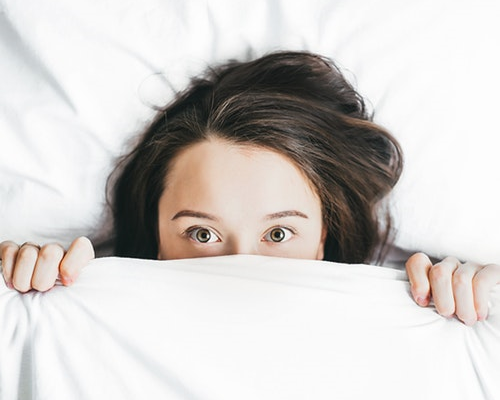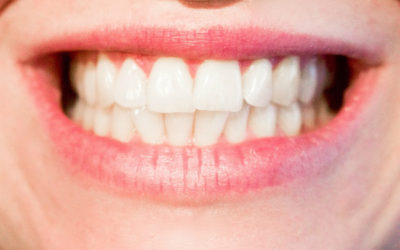Teeth grinding could be far more profound health implications than simply driving your partner insane in the night with the sound. It might be a habit that you won’t notice. Waking up tired, with tight jaw muscles or sensitive teeth could be a sign of teeth grinding. If you are suffering from teeth grinding in the night, sleep apnea could be linked to this problem. Over one in four Canadians adults (26%) was at risk for having obstructive sleep apnea.
How is Teeth Grinding Linked with Sleep Apnea?
The pain and damage caused by the teeth grinding can affect your teeth, gums, and jawbone. According to the 2014 study, they examined the relationship to sleep apnea and sleep bruxism (SB) or teeth grinding. The result of the study showed that SB was higher in the group of people suffering from sleep apnea than the control group. Besides, the overall risk of grinding was higher in those with sleep apnea. To understand it better, here is a full context for how your body changes when you sleep.
During the night, the brain cycles through deeper and lighter stages of sleep. The deeper you sleep, the more relaxed the muscles your body are. Whereas for the people suffering from sleep apnea, the soft tissues of the mouth and tongue become so relaxed that they block the airway, making breathing difficult. In order to reopen the partial blockage airway, teeth grinding takes place. Therefore a dental appliance or a CPAP machine is used to hold the jaw in place so the tongue and jaw can’t block the airway and stop the grinding.
In short, if you are struggling from teeth grinding, you need to determine if the sleep apnea is the reason behind it.
What Are the Consequences of Teeth Grinding?
Teeth grinding is a body’s natural reflex that forces the airway to open when breathing is hampered. It saves our life forcing us to breathe again even in the stage of sleep. So what exactly is it a problem here? There are many problems!
Sometimes, by tensing up the muscles to grind, grinding brings the body out of deep sleep. It also happens to be the most restorative and beneficial stage of sleep. Though it is beneficial while sleeping, teeth grinding can affect your teeth gradually in the long run. It can give the following symptoms such as:
- Teeth are flattened, fractured, chipped, or loose,
- Worn tooth enamel can expose deeper layers of the tooth,
- Increase tooth pain and sensitivity,
- Sore and pain in the jaw, neck, or face,
- A dull headache starting in the temples, and so on.
How to Treat Teeth Grinding Caused by Sleep Apnea?
If you grind unintentionally, your sleep apnea dentist may have told you to sleep with a mouthguard to protect your teeth from wear and tear. In fact, wearing a mouth guard protects your teeth from grinding.
If you are suffering from sleep apnea, we suggest you go to sleep apnea dentist to help you solve your problem of teeth grinding. Your dentist will provide you with different options to protect your teeth. So book an appointment with your sleep apnea dentist today!



